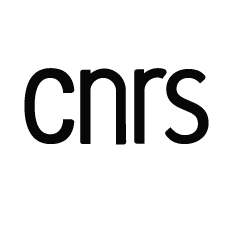Projet SRC "Filling The Gap : Medieval Aristotelian Logic 1240–1360"
FtG
Responsables scientifiques : Leone Gazziero (CNRS, UMR 8163 Savoirs, Textes, Langage), Christina Thomsen Thörnqvist (University of Gothenburg), Laurent Cesalli (Université de Genève), Ana Maria Mora Marquez (University of Gothenburg)
Début du projet : 01/01/2019
Fin du projet : 31/12/2024
Durée du projet : 72 mois
Financeur : Swedish Research Council (252 273 €)
Résumé du projet :
The thirteenth century was in several ways a critical period in the development of logic. In the course of the thirteenth century, there were two parallel logical traditions – the terministic and the Aristotelian – which merged together into the logical thinking typical of the fourteenth century. Whereas we now have good knowledge of fourteenth-century logical nominalism, the development of Aristotelian logic during the thirteenth century, and its transition into fourteenth-century logical realism, remain to a large extent unexplored. As a result, we have a substantial gap in our overall knowledge of the development of Western logic. One reason for this state of affairs is the fact that an analysis of the development of logic in the medieval period requires the collaboration of several researchers. The need for collaboration is both quantitative and qualitative: not only is the textual basis too big to handle for individual researchers, but the combined expertise of historians of philosophy and philologists is also required, since very important sources are still only accessible in Latin medieval manuscripts. Through a six-year international collaboration between leading specialists and a team of junior scholars, the project here proposed will provide the first comprehensive account of thirteenthcentury Aristotelian logic and its transition into fourteenth-century realism, as well as the first editions of several of the most influential works from the period
